Stress. It’s Big.
But is stress all bad? Here’s how to use emotional intelligence to tame the stress monster
A 4x increase in stress?
Over a year into the pandemic, surveys are showing an alarming trend. The US Census Bureau found the number of people experiencing distress increased almost 4x from 11% in 2019 to 42% in 2020. A new study from the APA found stress increasing further in 2021.
Even “way back” in 2019, stress was linked to 6 of the leading cause of death. Stress causes high blood pressure, heart disease and myriad other problems. Maybe that’s why stress and emotional intelligence one of the most-visited topics on this site.
Is there an upside?
According Kelly McGonigal’s research in her book, The Upside of Stress, that bad news is only half the story about stress. Her evidence-based argument comes down to this: how you think about stress matters. “When you change your mind about stress,” McGonigal says, “you can change your body’s response to it.”
Stressing about stress
According to a massive research study at the University of Wisconsin, our attitudes about stress make it a killer. In the study, a sample of 30,000 people reported feeling high stress AND held a negative view of stress (reported that stress impacted their health a lot). In this group, participants had a 43% increased risk of premature death. It turns out stressing about stress is what makes stress USA’s 12th biggest killer, greater than homicide.
The key to making friends with stress: Remember It’s a Message
Stress is a physical and emotional signal. Stress means we care about something and it’s at risk. This feeling is not inherently good or bad; it’s data. It focuses our attention – in this case, on whatever we perceive to be putting something at risk – and motivates us to take action.
Our heart rate increases, breathing becomes rapid, and neurohormones like adrenalin and oxytocin are released. Stress can give you the energy to get things done and give you the drive to comfort and care for people close to you. Stress can be a benefit if we know how to take advantage of it, and the first step is simple: changing our thinking about our stress response.
It’s not just stress that has a message; all emotions are data. Check out the interactive Emotions Wheel for the messages of dozens of emotions.
Stress focuses our attention and give sus energy, but then we have a choice to make about how we interpret that signal. It’s a choice, it turns out, that completely transforms the effect stress has on us.
Get your copy, full of practical tools to reduce stress and increase wellbeing
How to rethink stress: Challenge vs. Threat
People experience stress as either a challenge or a threat. Challenge feelings happen when you feel you have enough resources to cope with the situation. In contrast, when you feel the situation is too demanding, exceeding your resources, you experience threat. This table shows the differences between the two pathways.
Challenge
- Increased cardiac efficiency
- Vasodilation (Increase peripheral blood flow)
- Emotions motivate moving toward opportunities
- Higher performance (accuracy, effectiveness, coordination)
Threat
- Decreased cardiac efficiency
- Vasoconstriction (Decrease peripheral blood flow)
- Emotions that motivate moving away from dangers
- Lower performance (impaired decision making, cognitive decline, increased cardiovascular disease)
A stress challenge energizes you; makes you more efficient, productive. A stress threat slowly kills you; inhibiting you in all sorts of ways. The difference, often, is simply how we think about what we’re facing.
“We’ve known for a long time when we change our thinking we can change our feelings,” says Josh Freedman, CEO of Six Seconds, “so it’s surprising to think about stress this way, but it makes perfect sense.”
Stress as an invitation: the role of oxytocin
In the Upside of Stress, Kelly McGonigal talks about a little known stress bonus — oxytocin — released by the pituitary gland as part of the stress response. “The production of oxytocin drives you to seek support in time of stress, to tell someone how you feel, to be surrounded by people who care about you.”
Oxytocin drives us to social connection. Oxytocin can induce anti-stress-like effects such as reduction of blood pressure and cortisol levels. It increases pain thresholds, exerts an anxiolytic-like effect and stimulates various types of positive social interaction. In addition, it promotes growth and healing. It may seem crazy to think about volunteering to help others or getting involved in relationships when you’re stressed. But this is exactly what the research is telling us: by changing our mindset about stress, listening to the nudge from our oxytocin and engaging in social activities, we can harness health benefits from stress.
McGonigal explains that human connection is “a built in mechanism for Stress Resilience.” To back her claim, researchers at Buffalo University in 2013 found stressed people suffering major life disruptors (financial, relationship, medical, career) had an increased likelihood of death 30%, but stressed people who helped and were connected to others had a 0% increase. Bottom line—helping others reduces stress-related deaths. It turns the science of stress as a killer on its head.
How to transform stress: add emotional intelligence
“This research is more evidence to show the dramatic health benefits of the “Choose Yourself” part of the Six Seconds Emotional Intelligence Model,” says Freedman. “It’s really a process of navigating emotions, applying consequential thinking, and exercising optimism. These are core competencies of Choose Yourself.”
But Freedman was most excited about using this research about stress to help ourselves and others. “It’s inspiring to see the research emerging to support ‘Give Yourself’ — the link between doing service for others and oxytocin.” This is such an exciting time to be working in this domain – new discoveries about the brain can change the way we think about ourselves and how we connect with others, ultimately leading to positive change in the world.
There are many practical ways to understand stress and use emotional intelligence to reduce stress.
Stress is bad? Think again
So when your calendar is crammed, your inbox is overflowing, and you feel that sickening shake of stress—you can use this new data to take advantage of stress. What if you reframed your response from dread to anticipation? Rethink and choose your stress response. Your body is gearing up to meet a challenge and boosting your energy to rise up. Pay attention and shift your thinking:
Pounding heart? — You are preparing for action.
Breathing faster? — You getting more oxygen to your brain.
Blood surging? — You are dilating your blood vessels to increase flow.
With this shift, your body can experience feelings similar to the conditions of people experiencing joy and courage. Stress is an unshakable part of our lives today, let’s use it to our advantage.
What’s new in emotional intelligence?
From Enemy to Ally: How Eric Pennington Changed His Relationship with His Own Emotions – and Found His Life’s Purpose
How emotional intelligence helped Eric Pennington transform corporate life setbacks into strengths – and find purpose in both work and life.
Helping Others Achieve Overall Well-being and Healthy Connections: How Emotional Intelligence Guided Pamela Barker’s Career Path Growth
Pamela Barker’s journey began with healing bodies, but it was her discovery of emotional intelligence that unlocked her true purpose: helping others achieve overall well-being and healthy connections. From her days as a physical therapist to becoming a passionate EQ coach, Pamela’s story is one of transformation, resilience, and the power of connection. Her experience shows that real change starts from within.
Harnessing Emotional Intelligence: How Sara Canna Supports Employees and Transforms People’s Lives at the World Health Organization (WHO)
Emotional intelligence is more than just a buzzword—it’s a transformative tool that can reshape how we navigate challenges, build relationships, and thrive in demanding environments. Discover how Sara Canna brought EQ to the World Health Organization, empowering employees to manage change, stress, and personal growth.
From Corporate Consultant to Coach: Elise Jones’ Emotional Intelligence Journey-Voices from the Network
Elise Jones transformed her career by embracing emotional intelligence, shifting from a corporate consultant to a passionate EQ Coach. Through authentic connections, she found deeper fulfilment, proving that strong relationships are key to a happier, more meaningful life.
Want to Manage Your Emotions More Effectively? Find Time to Journal About Challenging Experiences
Daily journaling to reframe unpleasant events can significantly reduce depressive symptoms, lessen stress, and increase life satisfaction.
A Journey through Empathy & Optimism: Amy Jimison in Voices from the Network
When you feel stuck and can’t see a way out, how do you navigate change? Certified Coach and leadership expert Amy Jimison shares her approach.

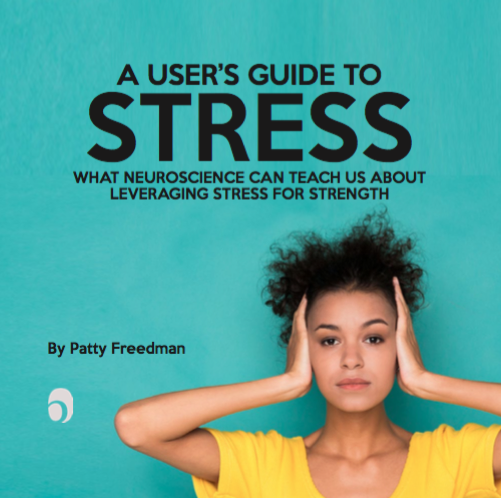
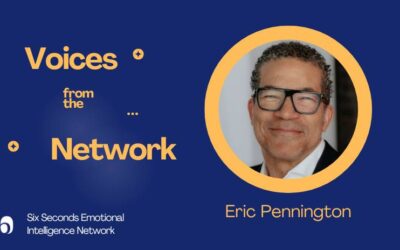
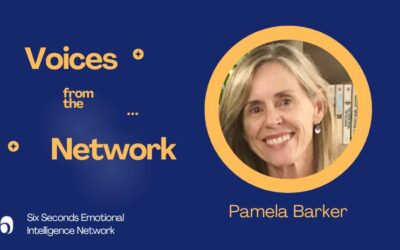

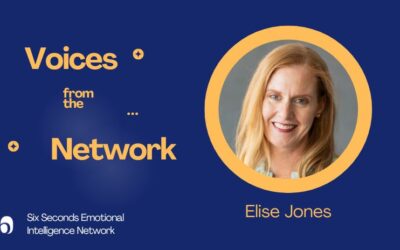


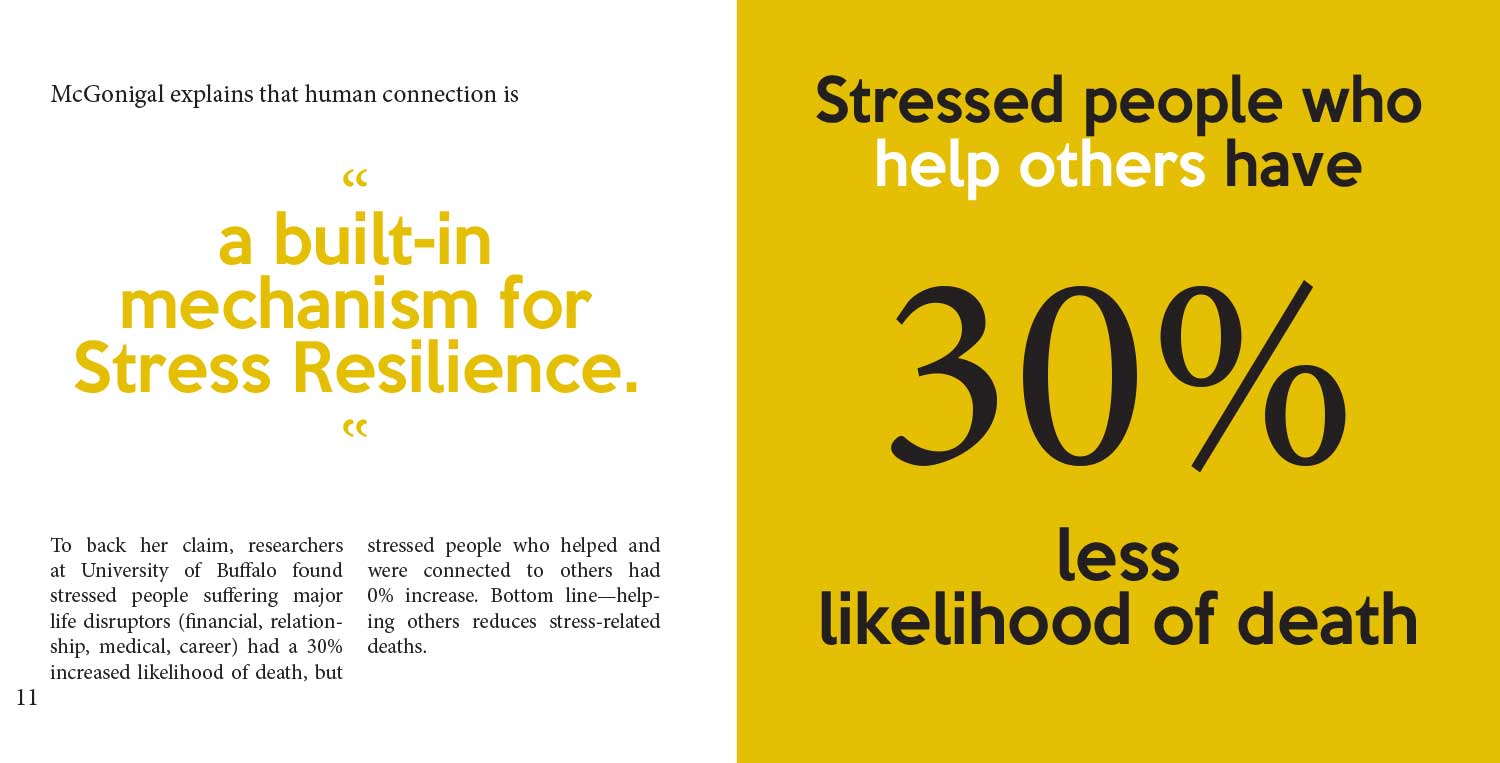
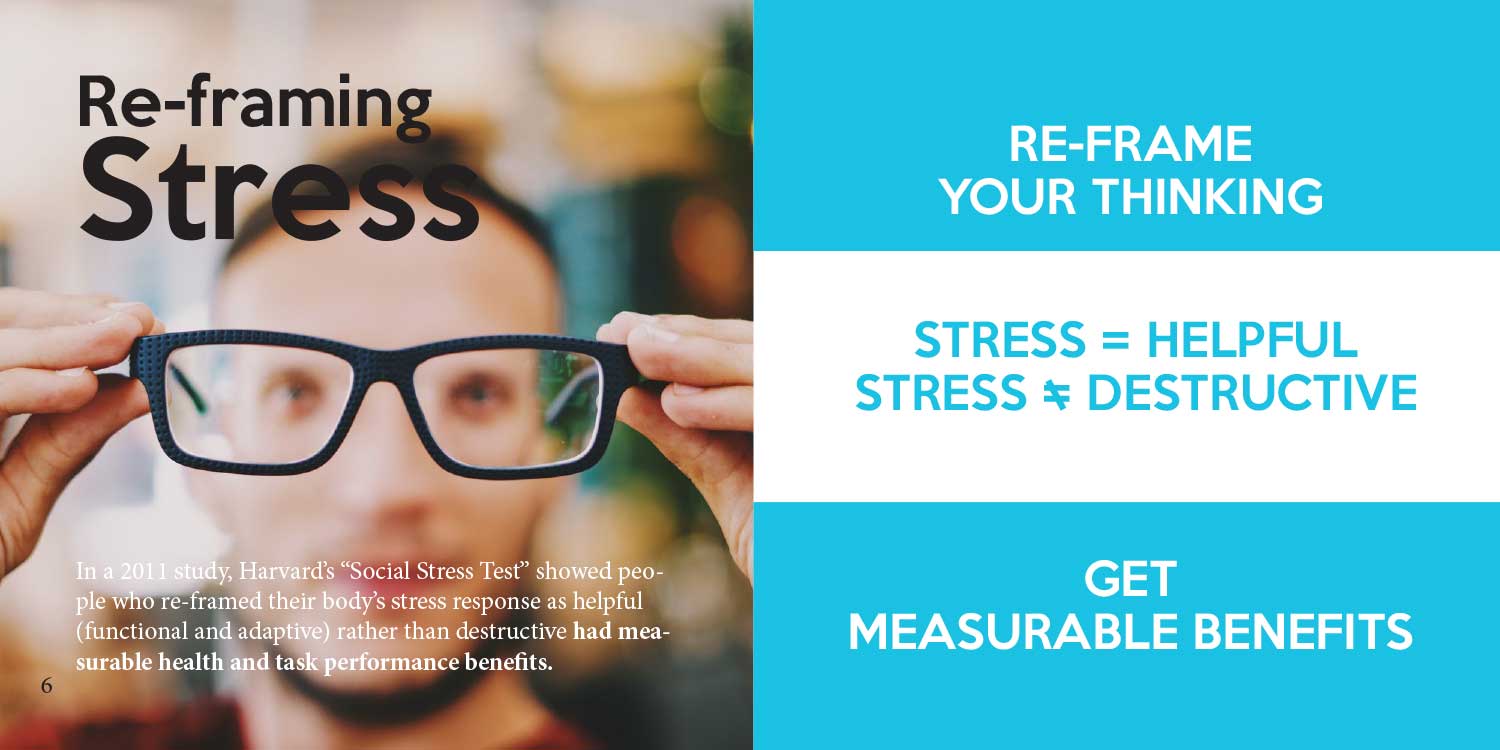
This is an excellent article and should be shared. If the tips mentioned are not effective, it may be necessary to seek an Emotional Intelligence Assessment and Coaching. This is a standard recommendation for physicians and front line covid lprofessionals.
Curious if the distinction between pressure and stress would be relevant for this article? Pressure is external demand on our time and energy. Stress is the reaction we can create from pressure depending on how we process it and handle our emotions around it. I like this better than good vs bad stress it allows people to differentiate between the two.
Thank you for this reframe! I am curious, however, how this applies to people who regularly give as part of their profession, for instance those who work in the nonprofit, health or education sectors. I support folks who are so used to giving that they forget to take care of their own needs and I see a lot of burnout.
Hi Bryn. Yes, you’re absolutely correct. There are times when it’s appropriate and helpful to reframe anxiety, and there are times when the anxiety is telling you something important, even including that you may need to make changes. Here’s another article that explores that idea: https://www.6seconds.org/2019/05/07/whats-important-here-your-anxiety-is-telling-you-something-valuable/. Thanks for reading!
Hi Michael – Great article, well done! I am an absolute believer in the duality of the universe and that even things that we habitually think of as negative such as stress have both a negative and a positive side. Thanks for finding the positive!
Hi Scott- we’ve learned so much about the mind-body connection and the power of optimism for dealing with stress. Glad you found this article helpful!